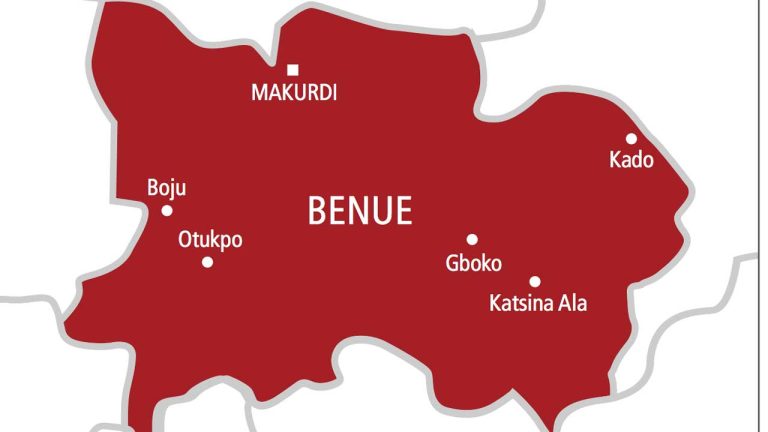No fewer than 300,000 people have been forced into makeshift camps following the devastating impact of herders’ attacks on Nigerian communities, particularly in Benue State, a recent report by SB Morgen Intelligence has revealed.
The report, titled “Terror In The Food Basket: A Look into the Violence in North-Central Nigeria” highlights the humanitarian toll of the ongoing conflict between farmers and herders, spanning from 2015 to 2025.
According to the report, the conflict has displaced more than 2.2 million Nigerians nationwide, with Benue State alone housing a significant portion of those displaced.
“Entire communities have been uprooted, with over 300,000 people currently living in camps in Benue,” the report states.
This escalation in violence has severely impacted Nigeria’s agricultural sector, particularly in the Middle Belt, which produces a large portion of the country’s food. The disruption has led to rising food prices and widespread food insecurity.
The crisis has also worsened due to the involvement of other criminal activities, including cattle rustling and kidnapping for ransom, further exacerbating the security situation.
Despite various government efforts, such as the National Livestock Transformation Plan (NLTP) and anti-open grazing laws in multiple states, the report asserts that these initiatives have not produced sustainable solutions.
“Government interventions have been inconsistent, and arms continue to flow into the region,” it stated.
Local residents in Benue have experienced the full brunt of the violence. A resident of Jato-Aka, in Kwande Local Government Area, shared their experience with SaharaReporters, recounting how suspected herders attacked their community for four consecutive days, resulting in the deaths of at least 20 people. Many homes and farms were also destroyed, leaving entire families displaced.
“The attacks have become daily, with entire families fleeing for safety,” the resident stated. “My cousin, who was only eight years old, was among those killed in yesterday’s attack. The once peaceful community is now a war zone.”
With the situation worsening, fear and uncertainty have gripped the local population. Many have abandoned their ancestral homes in search of safety, as attacks continue with no end in sight. “We don’t want to die. I’ve sent the children and elderly to neighboring towns in case of future attacks,” the resident added.
